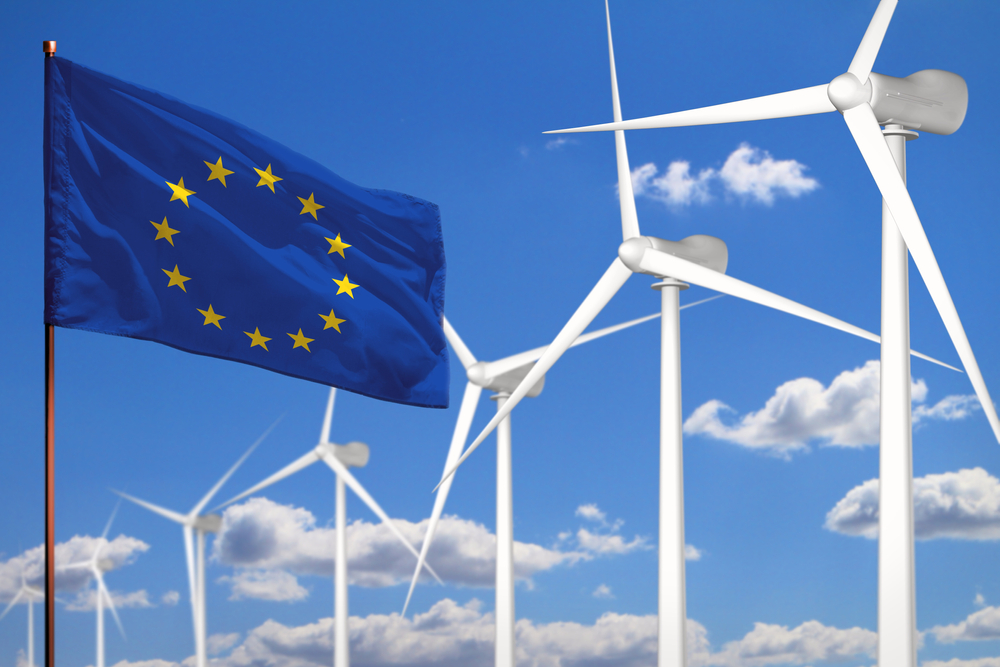Dusan Jakovljevic, digital ambassador at Eusew, advocates for the EU implementation fund to help Horizon Europe and Life Project results achieve real-world impact with post-post-project support and coordination.
The European Union invests significant resources in research and innovation through environmental sustainability through Horizon Europe and the Life Programme. However, there are still persistent challenges. How to ensure the capture and implementation of innovative outcomes for these projects.
Many cutting-edge technologies, business models and environmental practices developed under these programs are unable to reach the market due to lack of funding after the project and insufficient coordination between research and implementation stakeholders.
To address this gap, the EU must establish an “EU Implementation Fund” dedicated to ensuring the results of Horizon Europe and Life Projects lead to tangible economic, social and environmental benefits.
Funds should focus not only on direct financial investments, but also on creating structured, systematic mechanisms that maximize the replication and impact of EU funds of projects.
By fostering knowledge transfer, regulatory adaptation, industry partnerships, and capacity building, the fund can ensure that research results move efficiently into market-ready solutions and widespread adoption.
By focusing on the later stages of innovation, such initiatives will help support risky, promising technologies, matchmaking initiatives, capacity building programs, promote pilot/follower projects and support regulatory adaptation where necessary.
EU Project: Engine for Business
The “EU Implementation Fund” serves as an important mechanism to bridge the gap between research findings and market development, addressing the “valley of death” between innovation and commercialization, one of the biggest barriers to competitive sustainability.
Many groundbreaking technologies and sustainability solutions developed under Horizon Europe and Life Projects struggle to reach market adoption due to high prices, regulatory hurdles, or lack of industry involvement.
By providing targeted funds to expand, maneuver and adapt these innovations to market needs, the fund ensures that research-driven advances do not stagnate in the prototype or pilot phase, but instead reach widespread commercial use across the EU.
Additionally, the fund can support businesses, particularly small and medium-sized businesses, as they adopt and implement innovative solutions born from EU-funded research. By promoting market intake, the fund will help create a demand-driven ecosystem where research findings are actively sought by the industry, encourage more companies to integrate sustainable practices, and drive the EU towards a circular, low-carbon, resource-efficient economy.
Already, the Council of Innovation (EIC) accelerators play a positive role by providing funding and support to high potential startups and small businesses developing groundbreaking innovations. EIC helps bridge the gap between research and markets, accelerating the growth of deep technology companies across Europe. More initiatives of this kind are needed.
Furthermore, the EU Implementation Fund will enhance Europe’s competitive advantage by ensuring that European innovation will expand globally first. Many promising sustainability solutions risk commercialising elsewhere due to faster avoidance regulation frameworks and more aggressive investment strategies in other regions, such as the US and China.
EU Project: Job Engine
At EEIP, we are already promoting replication and implementation at the early stages of the projects we support. We aim to align innovation with the potential to create jobs in a variety of areas.
For example, Captus Project focuses on demonstrating sustainable pathways to produce high-value renewable energy carriers by assessing industrial carbon emissions and integrating renewable electricity surplus. This includes developing and operating new technologies that require a skilled workforce for the research, development and operational stages, creating local and local jobs in engineering, manufacturing and plant operations.
Similarly, the Elithe project aims to decarbonize the ceramic industry by electrifying high-temperature thermal processes. This transition from fossil-based systems to electric heating processes requires the development of innovative technologies and materials, leading to job creation for research and development, as well as the manufacture and maintenance of new equipment.
The Eenova project addresses the energy efficiency of the local food processing value chain, aiming to reduce carbon footprint in the agri-food sector. The project focuses on cooperation among regional food hubs in Europe, and further promotes employment opportunities by stimulating the local economy and supporting small and medium-sized enterprises that adopt energy-efficient practices.
This progress is already underway. The EU project plan is already moving towards more influential calls and proposals that have already been simplified. Banu Altin (Istanbul Minerals and Metals Exporters Association) welcomes an increase in focus.
It provides support from innovation enablers such as ESCOS, technical support, and the Chamber of Commerce, which understands innovation and can effectively communicate it to potential users, especially small and medium-sized businesses.
Innovation and market-oriented implementations can effectively complement and strengthen one another by creating a balanced ecosystem in which research-driven advances lead to competitive business models.
By adjusting public funding to the needs of the industry, policies can develop early stage innovation, stimulate private sector participation, and ensure the synergy of the policy industry so that Europe can maintain sustainability leadership.
This commentary was compiled in collaboration with Europe’s Sustainable Energy Week (EUSEW) 2025. For more information, see ec.europa.eu/eusew.
Recommended links
Energy Efficiency SACTUS Project in Industrial Processes Elithe A.Spire Eenova
About the author
Dusan Jakovljevic is the co-founder and Director of Policy and Communications at EEIP, a policy and business platform for industrial energy transition. He is the founder of #eurobubble Twitter’s free live monitoring tool vattel.com.
Disclaimer: This article is a contribution from a partner. Unauthorized reproduction is prohibited.
Neither the European Commission nor is it liable for any use that may be made from the information in the article by anyone acting on the Commission. The only opinion expressed is the author and should not be considered representative of the official position of the European Commission.
Source link

